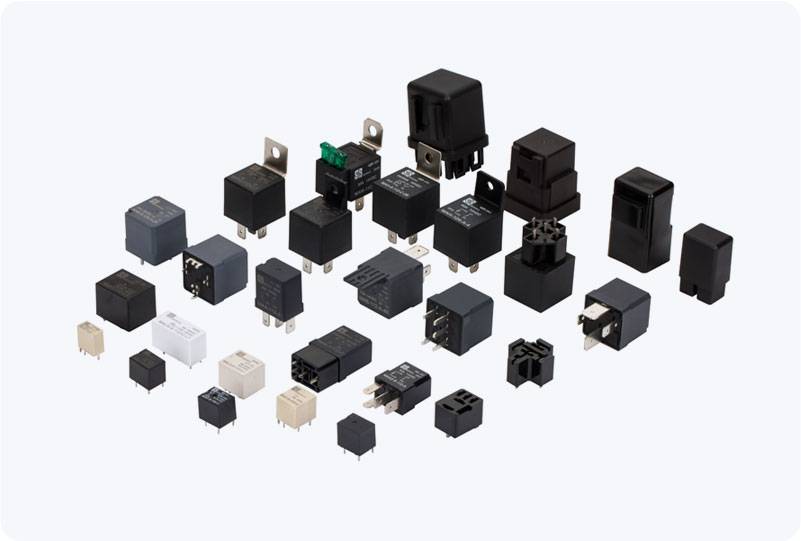ieee standards for industrial relays: ensuring reliability and safety in industrial applications
Release time:2025-08-12 03:57:02
Industrial relays play a crucial role in electrical systems, ensuring the safe and efficient operation of machinery, equipment, and processes. These relays are essential for protection, control, and automation tasks in various industries, such as power generation, manufacturing, and automation. To ensure that industrial relays operate effectively and reliably, the Institute of Electrical and Electronics Engineers (IEEE) has established a set of standards that guide the design, testing, and application of relays in industrial settings. This article explores the importance of IEEE standards for industrial relays and their role in enhancing system performance, reliability, and safety.

What are IEEE Standards for Industrial Relays? IEEE standards for industrial relays are a series of guidelines and specifications developed to standardize the performance, testing, and operation of relays used in industrial applications. These standards are formulated to ensure that relays function efficiently, with minimal risk of failure, under a wide range of operating conditions. They cover various aspects of relay design, such as electrical characteristics, mechanical robustness, testing methods, and compatibility with other equipment in a system. The IEEE standards provide manufacturers, engineers, and operators with a clear set of requirements to ensure that the relays meet industry benchmarks for safety, reliability, and performance. Among the most notable IEEE standards for industrial relays are IEEE C37.90, IEEE C37.90.1, IEEE C37.90.2, and IEEE C37.106, each of which addresses specific aspects of relay functionality and performance.

